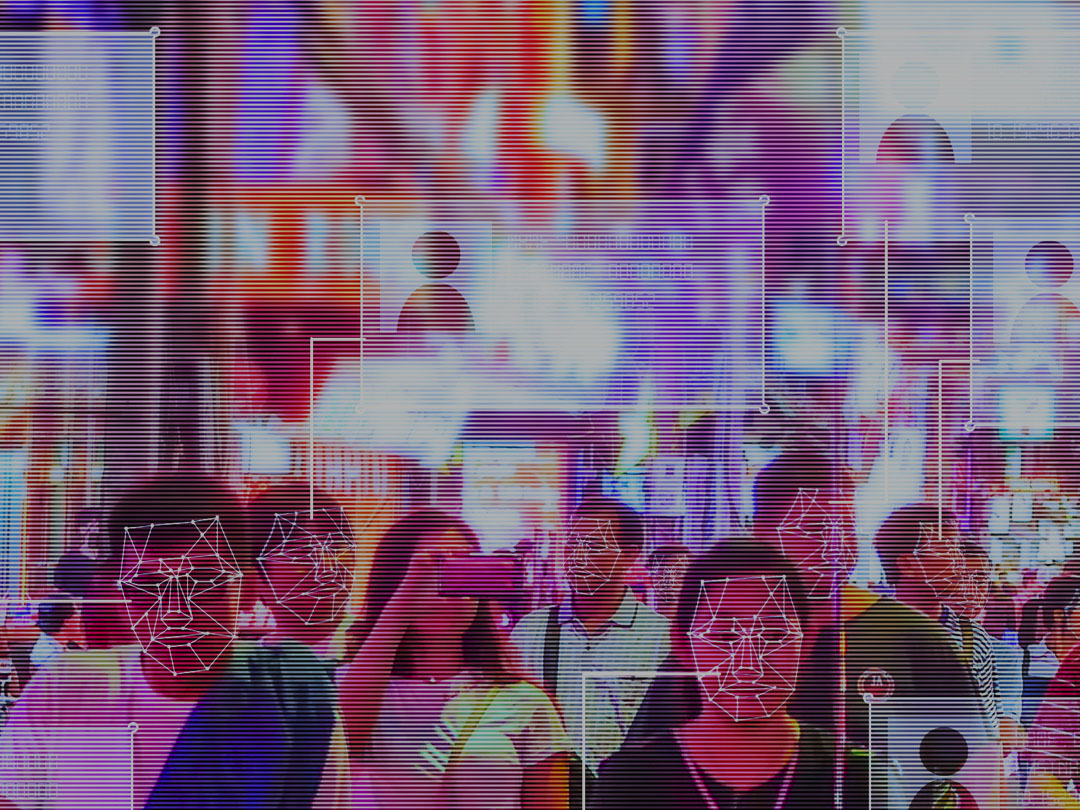Asymmetries and Power
Defending Brazil from techno-authoritarianism
Objective: Considering the advancement of authoritarian uses of technologies, we aim to identify threats to privacy, civil liberties, and fundamental rights, raise public awareness of them, and act quickly to mitigate threats from undemocratic laws and policies through strategic litigation and advocacy.
Duration: 2020-2023
Status: Em Andamento
Supporter(s): Open Society Foundations (2020-2021) e Access Now (2022-2023)
Description
The project “Defending Brazil from Techno-Authoritarianism” was conceived in June 2020 and carried out between September 2020 and September 2021 intending to create a rapid response unit to the phenomenon of Techno-Authoritarianism that was spreading across Brazil. Formed by Data Privacy Brasil, the Center for Analysis of Liberty, and Authoritarianism (LAUT), and the Brazilian Bar Association of Rio de Janeiro (OAB-RJ), it sought to deal with emerging threats related to the use of new technologies and authoritarian measures by the Brazilian government.
The term Techno-Authoritarianism, created by the project, can be used to explain the processes of expansion of state power whose objective is to increase surveillance and control capacities over the population, by violating individual rights or significantly increasing the risks of violation of fundamental rights. Techno-authoritarian attitudes do not transform a democratic regime into a dictatorial regime, but contribute to eroding the pillars that support democracy from within, creating structures capable of increasing surveillance, repression, and suppression of the exercise of rights. Techno-Authoritarianism is, therefore, a practice that fits the global trend of the slow “death of democracies,” a phenomenon that is not exclusive to any country. The project starts from the premise and the perception that Brazil is not left out of this tune and, with its authoritarian and dictatorial past, has specific characteristics connected with its social and political history.
As an example of techno-authoritarian advancements that took place in Brazil between 2020 and 2021, it is possible to mention: the new legislation on fake news under development, which can increase the capacity for criminal investigation and identification of online activities, presenting new threats to fundamental rights; the creation of a national database called “Citizen Registration Database”, which poses significant risks to privacy rights, since the limits to the use of the database are not well and specifically defined by legislation; the implementation of facial recognition technologies; deviations from the purpose of databases with potential harm to the General Data Protection Law (LGPD); and even through the development of new information systems and cybersecurity projects, with or without the direct involvement of the Armed Forces (there is an irrefutable increase in the number of military in the public service, including a special office in the President’s office).
To resist the phenomenon, this project carried out several national and international awareness-raising activities to combat techno-authoritarian attitudes, including academic research, engagement with journalism, products aimed at raising the awareness of citizens, indirect litigation through Amicus Curiae in the Brazilian Federal Supreme Court, indirect litigation with the Brazilian Bar Association and the construction of a resistance movement in civil society.

